Never the same book, but yes. I read some on audible, and some on my kindle. I save the more technical books for the Kindle usually. I keep 1 audio going, and 1-2 on the Kindle. I don't read physical books anymore, my vision is not so good and I hate trying to hunt down hard backs.Do you mix audibles and written books? Simultaneously?
You are using an out of date browser. It may not display this or other websites correctly.
You should upgrade or use an alternative browser.
You should upgrade or use an alternative browser.
What book is on your nightstand? Readers!
- Thread starter passedpawn
- Start date

Help Support Homebrew Talk:
This site may earn a commission from merchant affiliate
links, including eBay, Amazon, and others.
I see you found the hidden sequel for 14, I've been wanting to read that for a while.Here are my top 20 favorite books that I read in 2022.
I've included a link at the bottom to all 58 of my books from 2022 on goodreads.com if anybody is interested.
Many of these books I have re-read several times. Usually when a new book in a series comes out,
if it has been a few years since the last, I will re-read the series from the beginning before reading the new book.
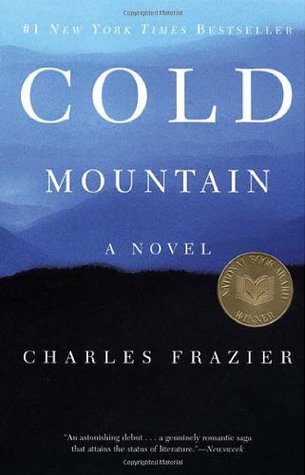
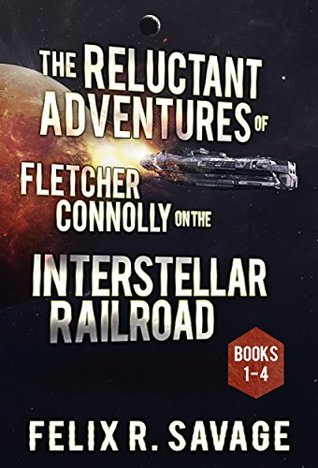
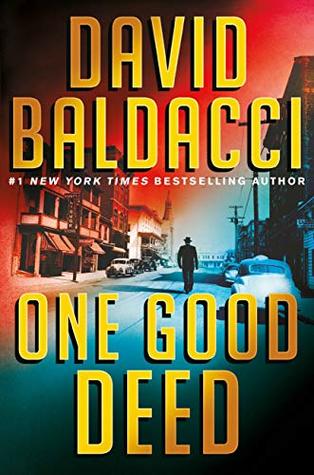
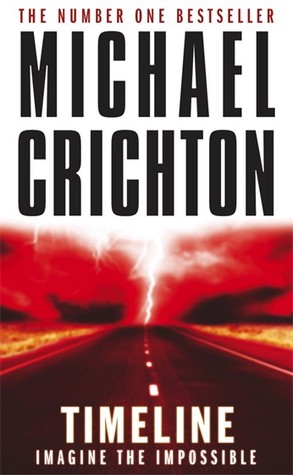
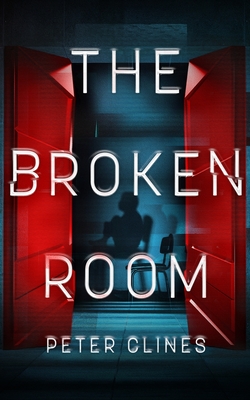
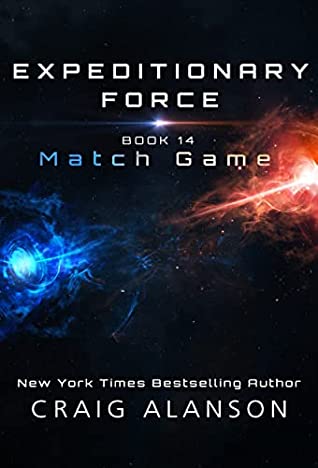
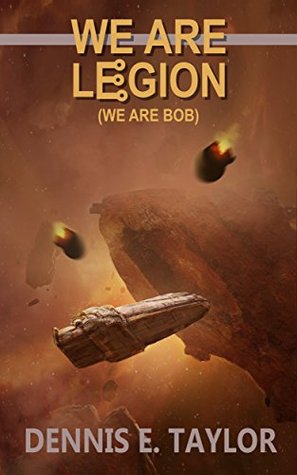
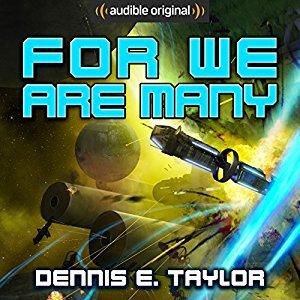
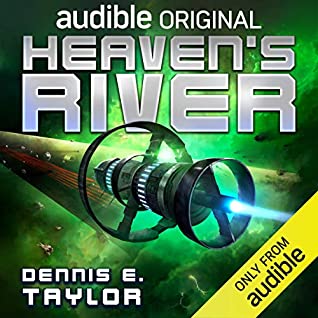
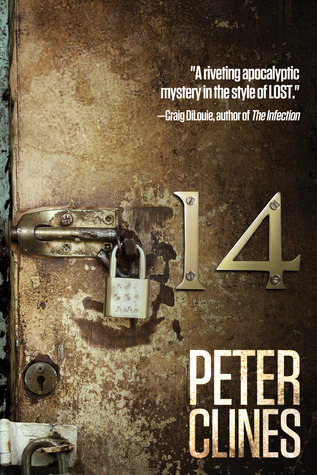
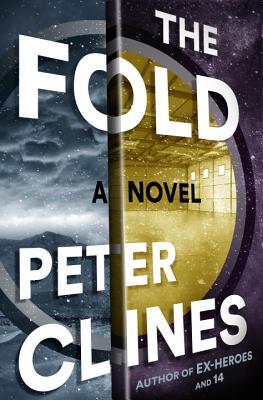
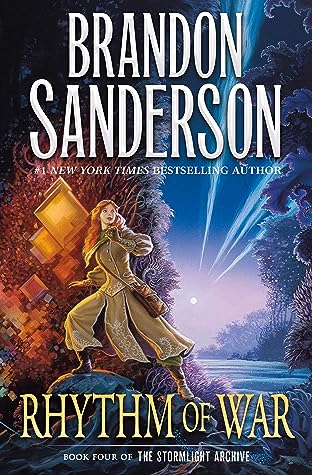
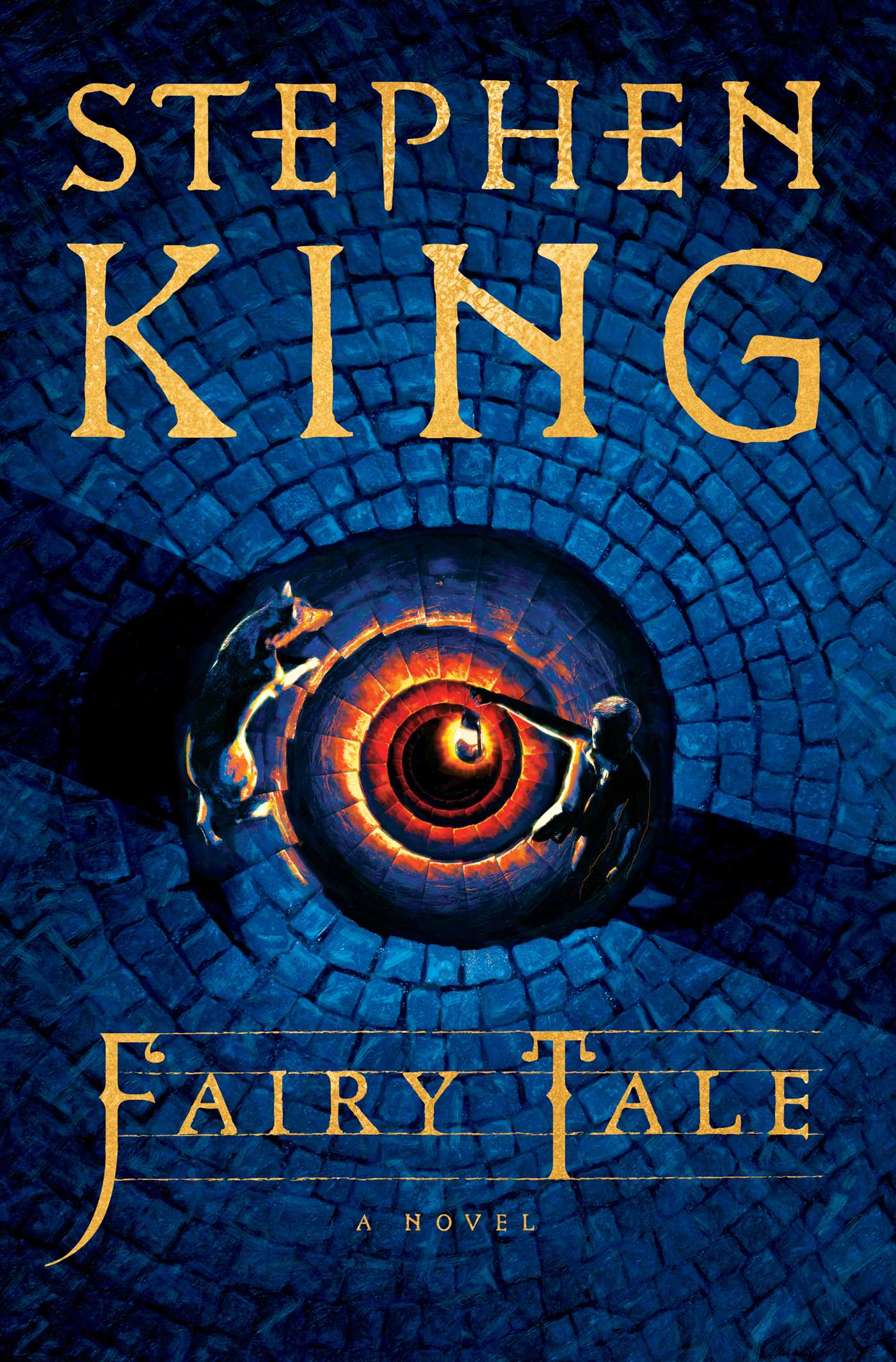
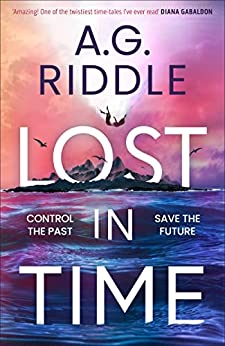
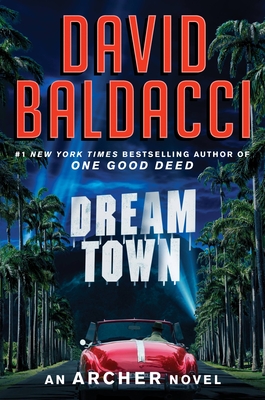
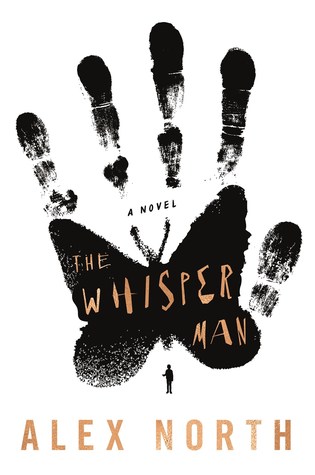
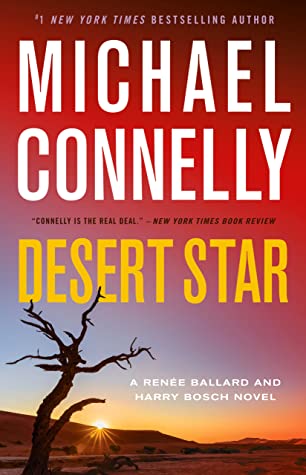
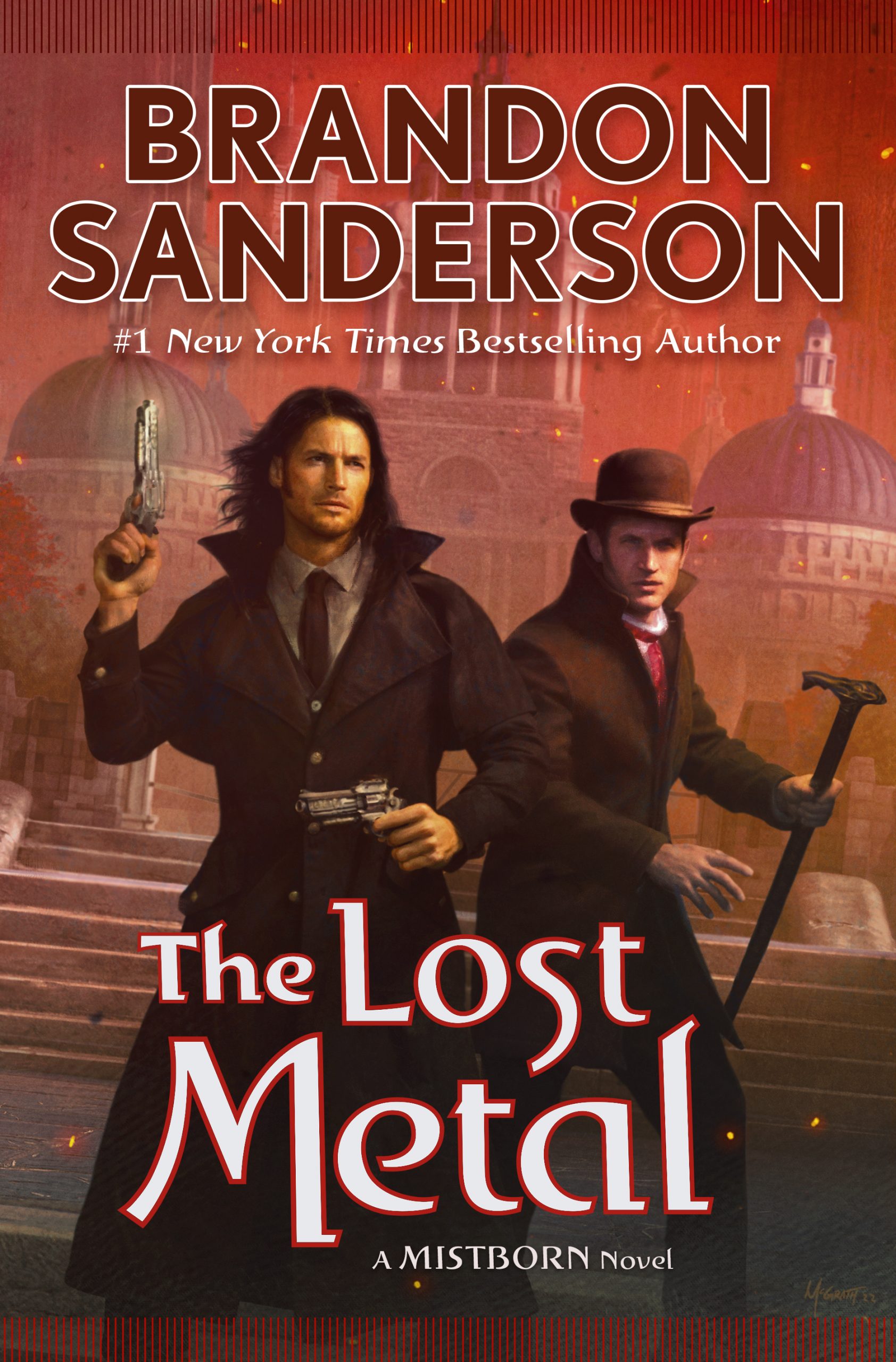
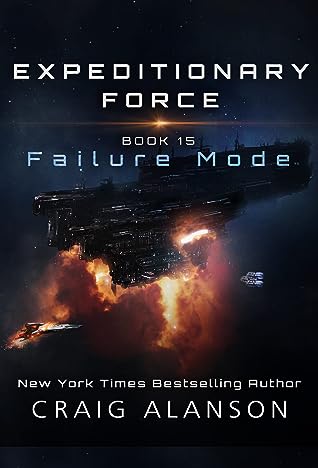
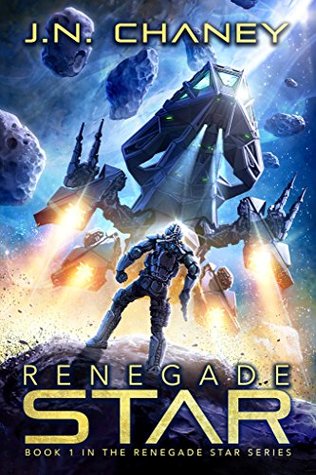
Major’s Year in Books - 2022
My goodreads.com profile page.
I'm almost identical. I use audibles for driving/biking/walking time, and kindle in house. I do occasionally read a paper copy if given one, but rarely buy them. Technical books that I need to highlight and refer to often are paper.Never the same book, but yes. I read some on audible, and some on my kindle. I save the more technical books for the Kindle usually. I keep 1 audio going, and 1-2 on the Kindle. I don't read physical books anymore, my vision is not so good and I hate trying to hunt down hard backs.
Wolf Hall, The Mission, & Fall of Empires are in my next reads with quite a few more lined up.
MajorJC
Too many hobbies... not enough time.
I see you found the hidden sequel for 14, I've been wanting to read that for a while.
Yep, after I read Peter Clines "The Broken Room" and realized that one of the characters in it was from "14" I went back and listened to "14", "The Fold", and "Terminus" again.
Just finished this one. I've read lots of post-apocalypse books and this one was very good. It really went into the daily survival details that many of them don't. Salt! And wasn't as dark and awful as some (The Road, which I loved haha).
https://www.amazon.com/Alas-Babylon...swatch_0?_encoding=UTF8&qid=1676595560&sr=8-1
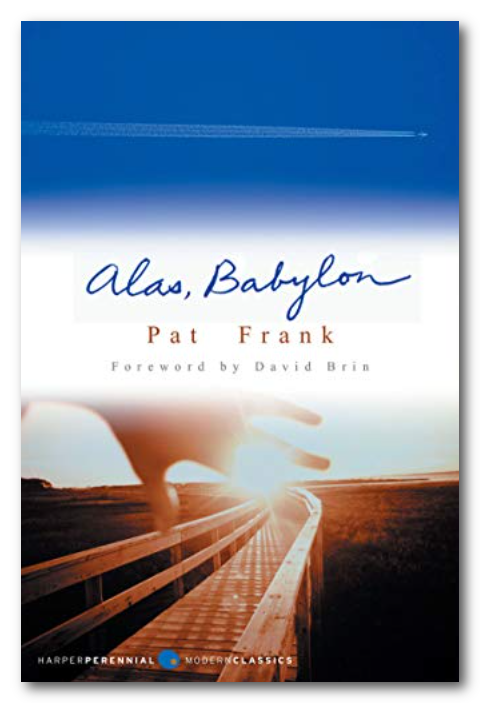
https://www.amazon.com/Alas-Babylon...swatch_0?_encoding=UTF8&qid=1676595560&sr=8-1


$49.95 ($0.08 / Fl Oz)
$52.99 ($0.08 / Fl Oz)
Brewer's Best - 1073 - Home Brew Beer Ingredient Kit (5 gallon), (Blueberry Honey Ale) Golden
Amazon.com

$22.00 ($623.23 / Ounce)
AMZLMPKNTW Ball Lock Sample Faucet 30cm Reinforced Silicone Hose Secondary Fermentation Homebrew Kegging joyful
无为中南商贸有限公司

$20.94
$29.99
The Brew Your Own Big Book of Clone Recipes: Featuring 300 Homebrew Recipes from Your Favorite Breweries
Amazon.com

$53.24
1pc Hose Barb/MFL 1.5" Tri Clamp to Ball Lock Post Liquid Gas Homebrew Kegging Fermentation Parts Brewer Hardware SUS304(Liquid MFL)
yunchengshiyanhuqucuichendianzishangwuyouxiangongsi

$33.99 ($17.00 / Count)
$41.99 ($21.00 / Count)
2 Pack 1 Gallon Large Fermentation Jars with 3 Airlocks and 2 SCREW Lids(100% Airtight Heavy Duty Lid w Silicone) - Wide Mouth Glass Jars w Scale Mark - Pickle Jars for Sauerkraut, Sourdough Starter
Qianfenie Direct

$10.99 ($31.16 / Ounce)
Hornindal Kveik Yeast for Homebrewing - Mead, Cider, Wine, Beer - 10g Packet - Saccharomyces Cerevisiae - Sold by Shadowhive.com
Shadowhive

$53.24
1pc Hose Barb/MFL 1.5" Tri Clamp to Ball Lock Post Liquid Gas Homebrew Kegging Fermentation Parts Brewer Hardware SUS304(Liquid Hose Barb)
Guangshui Weilu You Trading Co., Ltd

$176.97
1pc Commercial Keg Manifold 2" Tri Clamp,Ball Lock Tapping Head,Pressure Gauge/Adjustable PRV for Kegging,Fermentation Control
hanhanbaihuoxiaoshoudian

$7.79 ($7.79 / Count)
Craft A Brew - LalBrew Voss™ - Kveik Ale Yeast - For Craft Lagers - Ingredients for Home Brewing - Beer Making Supplies - (1 Pack)
Craft a Brew

$58.16
HUIZHUGS Brewing Equipment Keg Ball Lock Faucet 30cm Reinforced Silicone Hose Secondary Fermentation Homebrew Kegging Brewing Equipment
xiangshuizhenzhanglingfengshop
I liked this book. Read it probably 10 years ago.
I really, really liked The Road. Relentlessly bleak.
I really, really liked The Road. Relentlessly bleak.
Just finished this one. I've read lots of post-apocalypse books and this one was very good. It really went into the daily survival details that many of them don't. Salt! And wasn't as dark and awful as some (The Road, which I loved haha).
I liked this book. Read it probably 10 years ago.
I really, really liked The Road. Relentlessly bleak.
Did you read the Silo series?
@passedpawn
The first one, yes. I have the other 2 but haven't read them yet. I liked it.
Are the sequels worth reading?
The first one, yes. I have the other 2 but haven't read them yet. I liked it.
Are the sequels worth reading?
Yes. Well, I read the second one anyway and liked it. Third, no idea.@passedpawn
The first one, yes. I have the other 2 but haven't read them yet. I liked it.
Are the sequels worth reading?
Definitely recommend finishing the Silo series. It's worth seeing how it ends.
Also same author, a standalone book called Sand is a pretty good read. Very similar feel, but different premise.
Also same author, a standalone book called Sand is a pretty good read. Very similar feel, but different premise.
SteveH aka shetc
Well-Known Member
- Joined
- Jul 28, 2013
- Messages
- 3,151
- Reaction score
- 5,675
Reading this one. It's very interesting! I haven't read one of these true-life adventure books in a while.
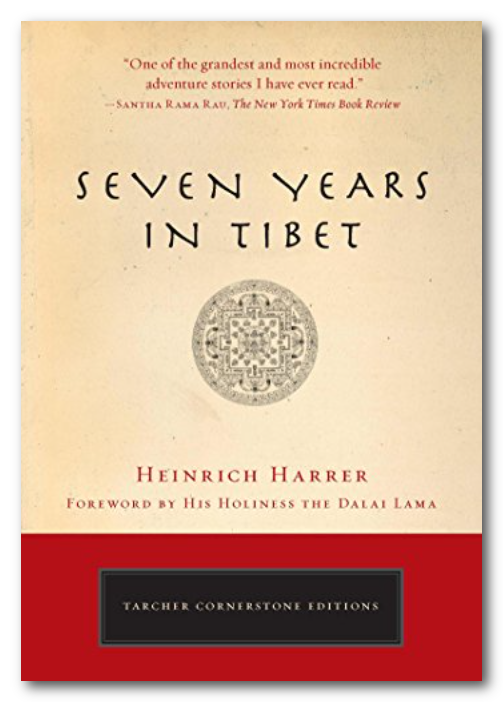

Stop now. It sucks.Currently about 50 pages into War & Peace
Otherwise you're gonna be 600 pages in, hating it but feeling like you have to finish it out else you're admitting defeat. And so you'll finish it and realize it never actually got better or had a payoff.
Ask me how I know.
Reading Brew Like a Monk for about the 4th time. Every time I read it I pick up new ideas.
MajorJC
Too many hobbies... not enough time.
Currently about 50 pages into War & Peace
Otherwise you're gonna be 600 pages in, hating it but feeling like you have to finish it out else you're admitting defeat. And so you'll finish it and realize it never actually got better or had a payoff.
I tend to agree, I never actually finished this book. I quit reading it when I reached the essays on war towards the end.
Last edited:
I honestly think that War & Peace is just a cruel joke played by sadistic English professors, and their students think that if a prof is assigning a 1000+ page tome of Russian Literature that there just MUST be something profound in there if only they try harder to understand it.
When it actuality it's just a fatalistic diary encompassing the mundane happenings of Russian aristocracy during wartime.
When it actuality it's just a fatalistic diary encompassing the mundane happenings of Russian aristocracy during wartime.
I'm currently reading One Flew Over the Cuckoo's Nest ,by Ken Kasey (of Merry Pranksters fame), for our village's banned book club.
I read that (maybe twice haha). GREAT! Of course, the whole time you'll picture Jack as the main character.
I read that (maybe twice haha). GREAT! Of course, the whole time you'll picture Jack as the main character.
Yep. I did that, even though I didn't watch the movie until after I had read it. I just knew enough about the movie that I couldn't see anyone but Jack when I read it.
Having finally finished a comparison between the Book of Genesis as presented in the Bible vs a mush older version written in cuneiform by the Assyrians, I'm reading something a little lighter now: Sapiens: A Brief History of Humankind
Book by Yuval Noah Harari
Book by Yuval Noah Harari
IIRC, you'll find that religion also plays a big part in your new book choice. Formation of society was dependent on it.Having finally finished a comparison between the Book of Genesis as presented in the Bible vs a mush older version written in cuneiform by the Assyrians, I'm reading something a little lighter now: Sapiens: A Brief History of Humankind
Book by Yuval Noah Harari
I honestly think that War & Peace is just a cruel joke played by sadistic English professors, and their students think that if a prof is assigning a 1000+ page tome of Russian Literature that there just MUST be something profound in there if only they try harder to understand it.
When it actuality it's just a fatalistic diary encompassing the mundane happenings of Russian aristocracy during wartime.
I went through this internal struggle with Atlas Shrugged. I made it to the end, and no one gave me a trophy. I often wonder how these books got so damn popular in the first place. Do people just "pretend" to get it because they didn't get it? I'm not sure length is a factor either, The Great Gatsby has basically no point at all, and very little plot or action.
The RPG magazine I write for and a Gary Gygax pulp novel.
As for my own reading, I read this on a suggestion from a coworker, and really enjoyed it.
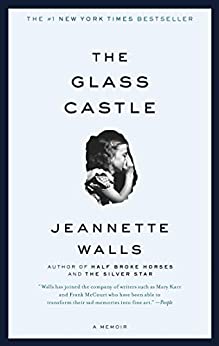
I recently read "Super Powereds: Year 1" by Drew Hayes book, and it far exceeded my expectations. I'm not really into the super hero thing, so I went into it with little hope. I will definitely be reading the rest of the series.
Most of my reading time has been spent on studying for CCNA. The company I work for allows us to cross train in basically anything, and I've learned that being a programmer does not automatically make you good at networking. Good thing I love technical books.
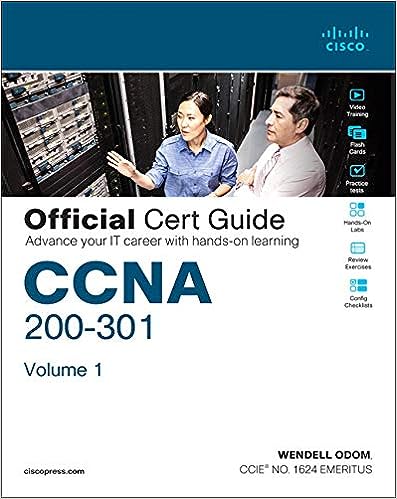

I recently read "Super Powereds: Year 1" by Drew Hayes book, and it far exceeded my expectations. I'm not really into the super hero thing, so I went into it with little hope. I will definitely be reading the rest of the series.
Most of my reading time has been spent on studying for CCNA. The company I work for allows us to cross train in basically anything, and I've learned that being a programmer does not automatically make you good at networking. Good thing I love technical books.

I went through this internal struggle with Atlas Shrugged. I made it to the end, and no one gave me a trophy. I often wonder how these books got so damn popular in the first place. Do people just "pretend" to get it because they didn't get it? I'm not sure length is a factor either, The Great Gatsby has basically no point at all, and very little plot or action.
I consider Atlas Shrugged to be in an entirely different category.
It's not particularly well written. The characters are wooden caricatures of ideologies. There's a ~60 page (!) monologue. It's a philosophical treatise dressed up as a novel. It could be half the length and still MORE than effectively get the points across.
However, Atlas has a plot, and it has a point. There is a central conflict in the book. It builds to that conflict and a resolution.
War & Peace seems to not really have a plot, or a central conflict that the characters must resolve, or a point. It just reads like a bunch of things people did.
Les Miserables. In the unabridged translation I read, you meet Valjean on p106 after having read all about the priest's home economics. You know, the priest that gives Valjean the candlesticks in the first 2m of the musical. Then there's the long essay on slang before you get to the introduction of Gavroche. Also, the very lengthy narrative of the Battle of Waterloo that introduces Thenardier.
19th century novelists weren't too concerned with getting right to the point. Especially when they were published serially, like W&P.
19th century novelists weren't too concerned with getting right to the point. Especially when they were published serially, like W&P.
And it could very well be be responsible for the destruction of society.IIRC, you'll find that religion also plays a big part in your new book choice. Formation of society was dependent on it.
I went through this internal struggle with Atlas Shrugged. I made it to the end, and no one gave me a trophy. I often wonder how these books got so damn popular in the first place. Do people just "pretend" to get it because they didn't get it?
I liked it enough to have read it twice haha. So yes, some people do dig it. I suppose you're not inclined to continue with Rand, but I also really liked The Fountainhead.
I started that one years ago. I believe I abandoned it early - too depressing.As for my own reading, I read this on a suggestion from a coworker, and really enjoyed it.

Spot on. It's a book written for idealogues I guess. I really liked all the characters in Atlas. Dagney was a bit weird, but I'm sure Rand patterned her after her own heroic image of herself. I loved the mystery of the $ cigarettes, disappearing barons of industry, the attack on the looters of the world, the "invention", and the finale.I consider Atlas Shrugged to be in an entirely different category.
It's not particularly well written. The characters are wooden caricatures of ideologies. There's a ~60 page (!) monologue. It's a philosophical treatise dressed up as a novel. It could be half the length and still MORE than effectively get the points across.
However, Atlas has a plot, and it has a point. There is a central conflict in the book. It builds to that conflict and a resolution.
Was forced to first read this in (catholic) high school. Turns out I loved it. I used to read a lot of long, rambling books back when the world seemed a lot slower. Read it a second time after seeing the broadway show (which is my favorite!). I might have skipped some of the essays in my second reading!Les Miserables. In the unabridged translation I read, you meet Valjean on p106 after having read all about the priest's home economics. You know, the priest that gives Valjean the candlesticks in the first 2m of the musical. Then there's the long essay on slang before you get to the introduction of Gavroche. Also, the very lengthy narrative of the Battle of Waterloo that introduces Thenardier.
19th century novelists weren't too concerned with getting right to the point. Especially when they were published serially, like W&P.
And it could very well be be responsible for the destruction of society.
Well I dunno, if the crusades didn't do it... I'm agnostic, no dog in this fight, but it seems to me that religion is a net positive in holding society together. I'm afraid that conversation is better done in the dark stanky bowels of this forum (debate).
Similar threads
- Replies
- 60
- Views
- 4K
- Replies
- 7
- Views
- 1K
- Replies
- 62
- Views
- 3K





![Craft A Brew - Safale S-04 Dry Yeast - Fermentis - English Ale Dry Yeast - For English and American Ales and Hard Apple Ciders - Ingredients for Home Brewing - Beer Making Supplies - [1 Pack]](https://m.media-amazon.com/images/I/41fVGNh6JfL._SL500_.jpg)









































